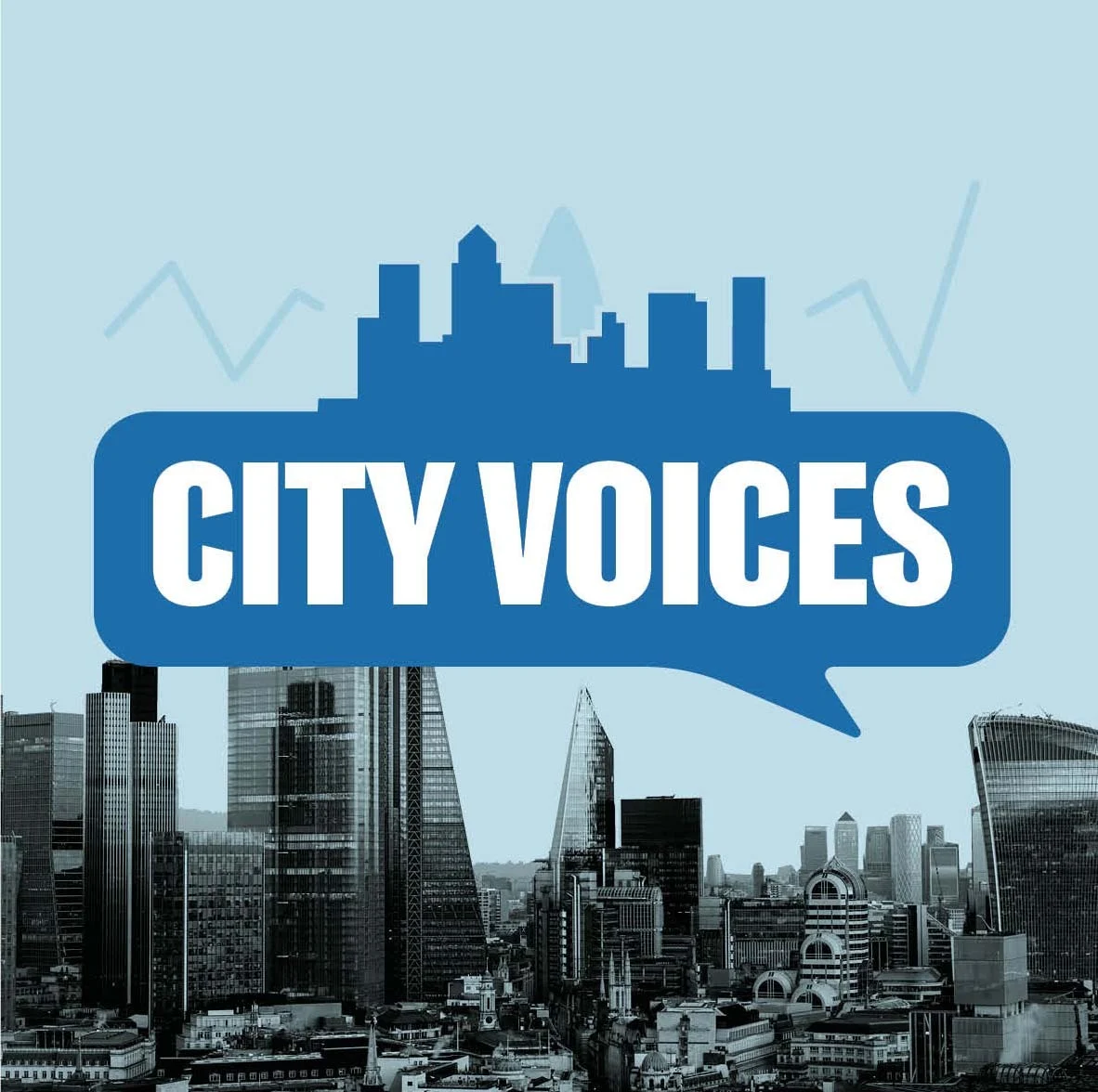By Millie Kendall
Copyright standard

Much of the new government’s focus has been on artificial intelligence and high-tech innovation, so it was a welcome shift when the Labour Party Conference spotlighted more everyday issues: regenerating high streets, a New Youth Guarantee, and a fresh push on apprenticeships.
These plans may lack the glamour of AI, but the £5 billion Pride In Place scheme for high street revival, paid youth placements, and a pivot away from degrees towards “gold standard apprenticeships” could have a far greater impact on Britain’s future. And at the heart of all three lies an industry often overlooked: beauty.
For more than a decade, hair and beauty businesses have been the backbone of our high streets, drawing people into towns and cities from Belgravia to Barnsley.
According to the British Beauty Council’s Value of Beauty report by Oxford Economics, every pound spent on beauty generates another pound for neighbouring retailers such as cafés and sandwich shops.
This is an industry of small businesses – 95 per cent of members are SMEs – with the capacity to create hundreds of thousands of entry-level roles. These jobs are inclusive, resistant to automation, and offer young people a pathway into skilled, stable employment. If every member took on just one new starter, it would mean more than 100,000 jobs overnight.
The sector already supports 697,000 jobs in the UK, 90 percent of them held by women, with two-thirds of beauty businesses employing fewer than five staff.
It spans salons, barbershops, nail bars, skincare clinics, cosmetics, fragrance retail and spa services. Unlike many industries where AI is hollowing out junior roles, beauty depends on human qualities: touch, empathy, and trust.
Yet despite growing at four times the rate of the national economy, the industry is being held back by outdated policies. The Council has called for modest but vital reforms: fairer business rates, VAT thresholds that don’t punish growth, and incentives for salons to hire and train apprentices.
This is urgent. Our report by Pragmatix found beauty businesses face an additional £400 million in wage costs this year alone, thanks to changes in National Insurance and the Minimum Wage. These costs fall hardest on the small firms most likely to take on young staff – and for the first time since the pandemic, employment in the sector is projected to shrink.
Meanwhile, opportunities elsewhere are vanishing. Since the advent of AI in 2022, junior and graduate vacancies in media, finance, marketing and tech have dropped by a third. Entry-level roles have been automated or outsourced, leaving school-leavers stranded. Beauty, by contrast, remains AI-proof – and life-enhancing.
Ask Josh Wood, our vice chair and one of the world’s leading hair colourists, or entrepreneur Richard Marshall of Pall Mall Barbers. Both began through government youth training schemes, which gave them careers that now employ scores of others. “It wasn’t perfect,” says Wood, “but it opened a whole new world to me – one I loved, and one where I now employ dozens of people.”
Beauty jobs don’t just teach hair and skincare. They instil customer service, professionalism, business basics, and people skills. They provide a springboard into fashion, wellness, healthcare, entrepreneurship – or simply into a stable career with dignity.
The beauty industry is resilient, inclusive, and employable. With the right reforms, it could create the entry-level jobs this country desperately needs, while breathing life back into our high streets. What’s not to like?
Our annual British Beauty Week, a celebration of the industry which starts on Monday Oct 20th, this year has the theme The Future of Beauty. With the right incentives it could also be the future of Britain.
Millie Kendall is founder and CEO of the British Beauty Council